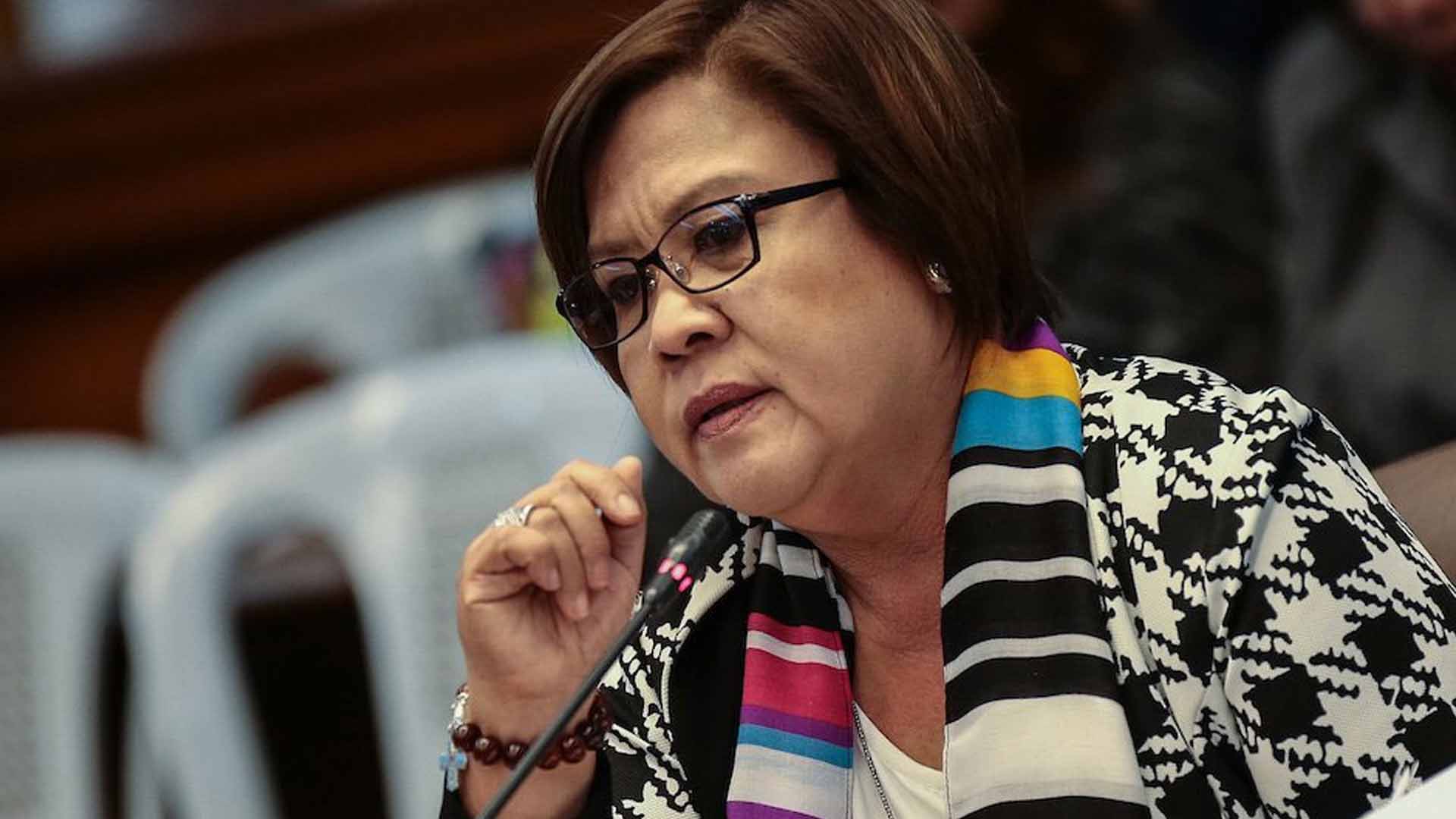Senator Leila M. de Lima has expressed alarm over the drastic increase in the number of teenage pregnancies in the country which often deprives adolescents of a chance to have a better future and makes them susceptible to life-threatening scenarios.
De Lima filed Senate Resolution (SR) No. 169 directing the appropriate Senate committee to investigate the sharp rise in teenage pregnancies and review the status of implementation of existing law on responsible parenthood and reproductive health.
“It becomes crucial and imperative for the State to immediately act on what is now considered as a ‘national social emergency’ in order to provide for holistic solutions to the various challenges faced by our youth, especially those who are most vulnerable and exposed to the many effects caused by unintended pregnancies,” she said.
Last Oct. 23, the Commission on Population and Development (PopCom) called on Mr. Duterte to declare adolescent pregnancy a national emergency amid the alarming growth in the number of pregnancies among teenagers.
According to PopCom, there are about 1.2 million adolescents having children yearly, some of them as young as 10 years old. About 30,000 young mothers have already experienced repeated pregnancies.
Based on the 2013 National Demographic and Health Survey, one in every 10 Filipino women aged 15 to 19 is already a mother or pregnant with her first child, concluding that early pregnancy is more prevalent among poor households.
“In line with this phenomenon, it must be noted that the Philippines is the only country among its regional neighbors that is experiencing a rapid increase in the number of teenage pregnancies,” the lady Senator from Bicol pointed out.
Socioeconomic Secretary Ernesto Pernia noted that teenage pregnancy has become a “national social emergency” because it does not only risk the youth’s health and future, but likewise incurs economic losses to the country.
Note that the National Economic Development Authority (NEDA) averred that young mothers lose about ₱24 billion to ₱47 billion in earnings annually due to an early pregnancy, which could result to “intergenerational poverty” if not prevented.
De Lima, who chairs the Senate Committee on Social Justice, Welfare and Rural Development, said there is an urgent need to protect and effectively address teenage pregnancies “to help youth attain their full productive capacity and vigorously contribute and participate in the development and growth of the country.”
In addressing the rise in teenage pregnancies, De Lima underscored the need for a comprehensive review of Republic Act (RA) 10354 which provides for heightened public awareness “on the protection and promotion of reproductive health and rights,” such as family planning and responsible parenthood information and services.
“It is necessary to conduct a comprehensive assessment and review of [this law] to ensure its effective implementation, guarantee the compliance of concerned government agencies and stakeholders and provide accessible and relevant education to the youth,” she said.
De Lima said the youth should have access to age-appropriate sexuality education which could help them have better and informed decision-making capabilities.
“Their lack of awareness and poor access to correct information make them more prone to sexual abuse and deprives them of more opportunities to have a better future because instead of studying they are burdened to find means to support their young families,” she said.
Under Section 14 of RA 10354, or the “Responsible Parenthood and Reproductive Health Act of 2012,” the State is mandated to “provide age- and development- appropriate reproductive health education to adolescents which shall be taught by adequately trained teachers in informal and non-formal educational system.” (senate.gov.ph)








